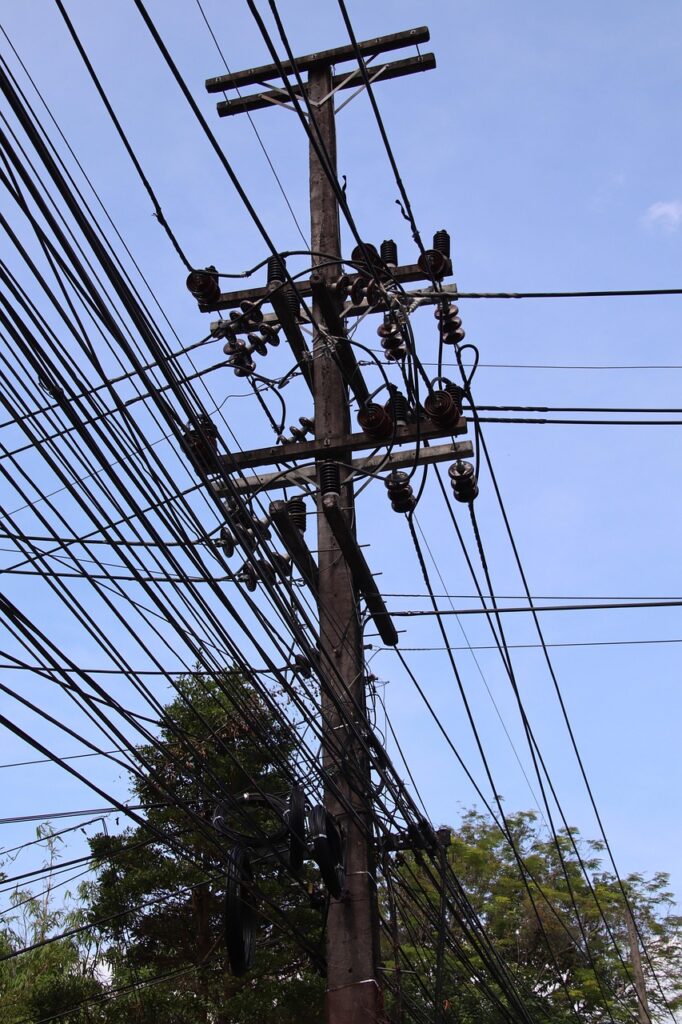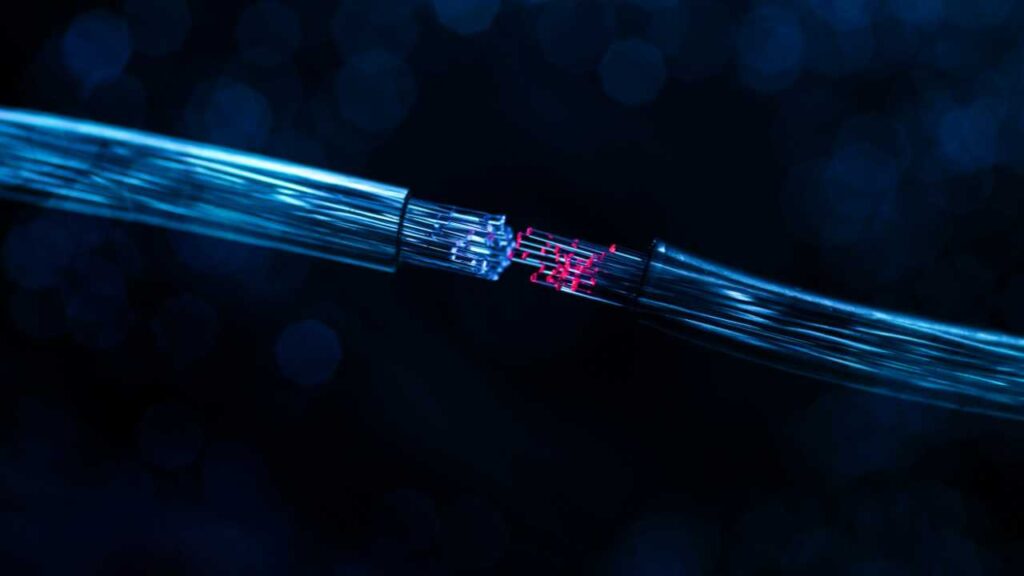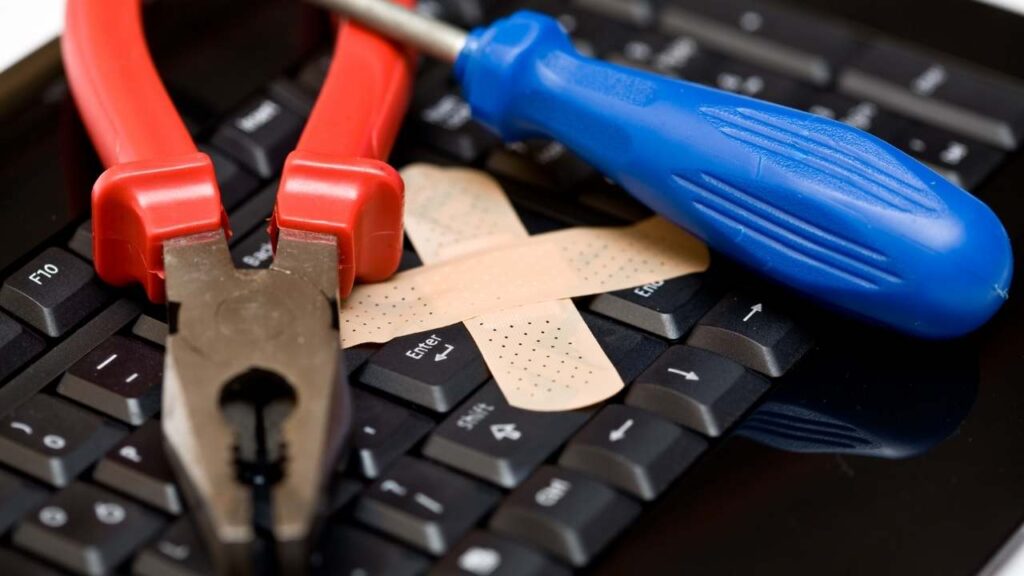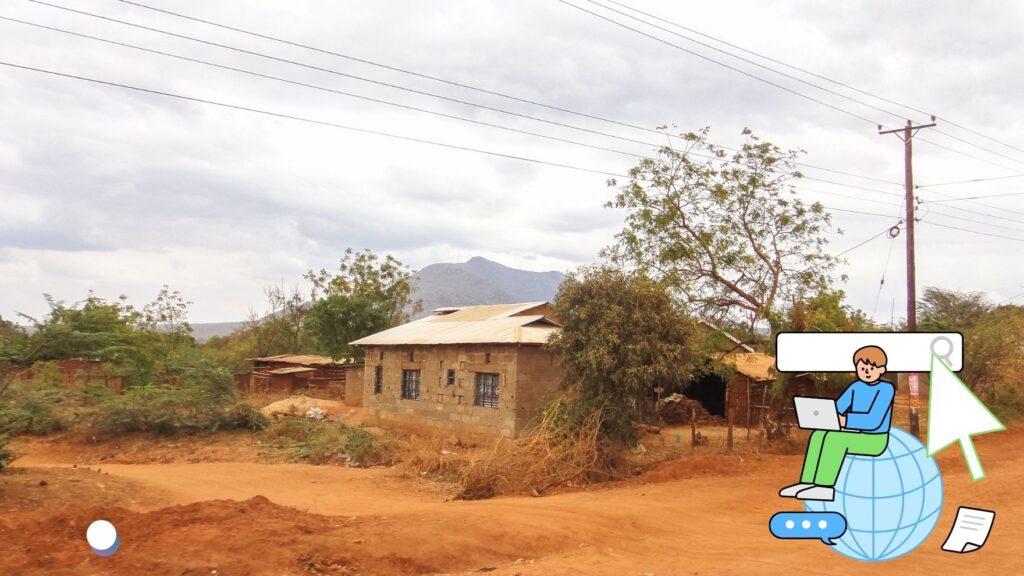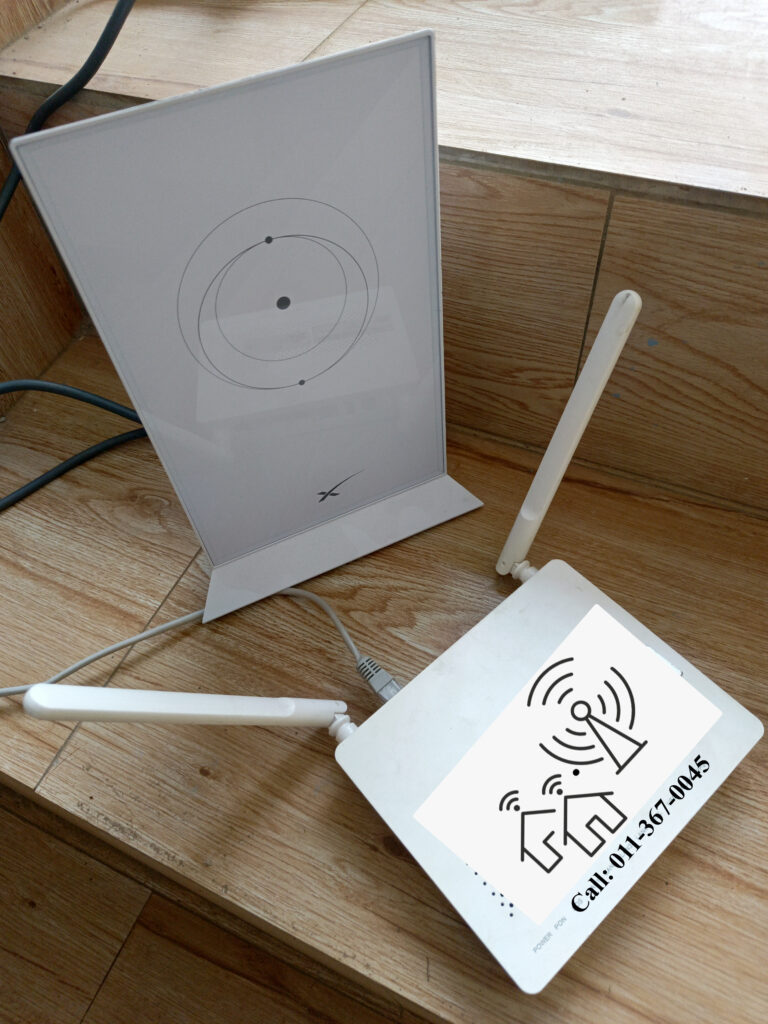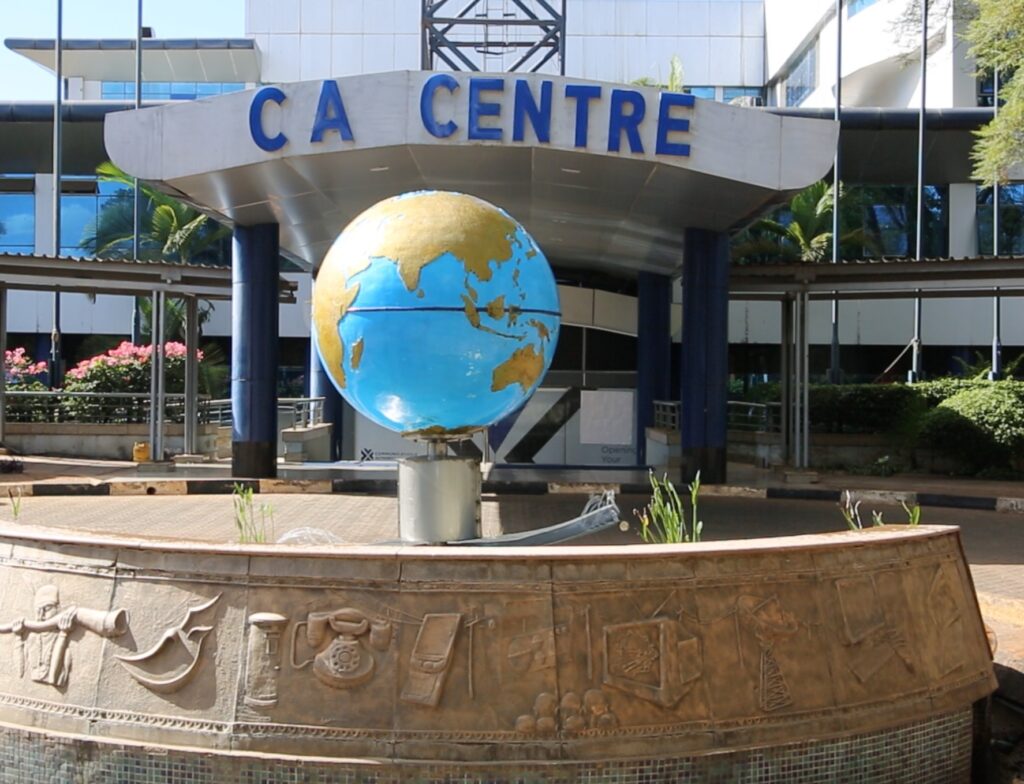Nairobi County Targets illegal Fiber Cables Along Kenya Power Poles, Sparking Potential Connectivity Challenges Within Nairobi Amid Kenya Power Dispute.
Nairobi County Targets illegal Fiber Cables Along KPLC Poles. In a decisive move to regulate Nairobi’s telecommunications infrastructure, the Nairobi City County Government has initiated a comprehensive crackdown on unauthorized fiber optic cables installed on Kenya Power’s utility poles. This action, which commenced on February 25, 2025, along Argwings Kodhek Road, aims to dismantle internet cables that lack official county approval.
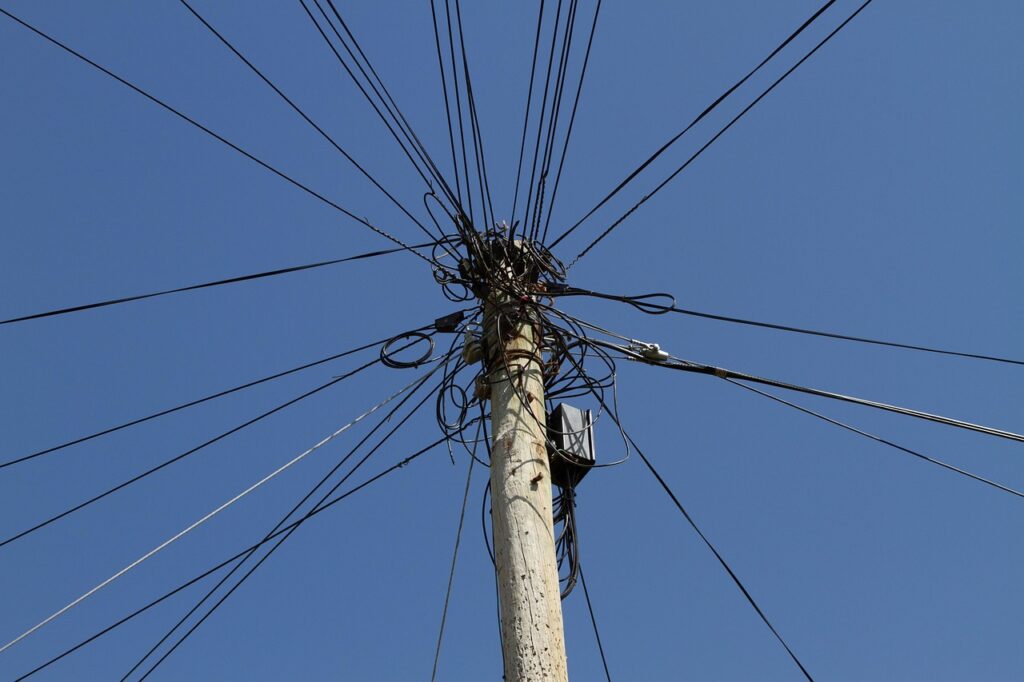
The Genesis of the Crackdown
The operation is a direct response to the proliferation of fiber optic installations by Internet Service Providers (ISPs) who have bypassed mandatory regulatory procedures. Nairobi County Revenue Chief Officer, Tiras Njoroge, emphasized that these ISPs have neglected to obtain necessary wayleave approvals and have failed to remit the requisite fees for utilizing public infrastructure. Njoroge stated, “These fiber lines are illegal. We have given the ISPs ample time to pay for hosting them on these poles, but they have refused.”
The Nairobi County and Kenya Power Dispute
This crackdown unfolds amidst an escalating dispute between the Nairobi City County Government and Kenya Power. County officials accuse Kenya Power of facilitating the installation of these unauthorized fiber optic cables by leasing their power poles to ISPs without securing the necessary county permits or wayleave approvals. Njoroge further alleged that Kenya Power is aiding companies in evading regulations, thereby depriving the county of its rightful revenue.
The tension between the two entities intensified when Kenya Power disconnected electricity to several county offices over alleged unpaid bills amounting to KSh 3.1 billion. In a retaliatory measure, the county government severed water and sewerage services to Kenya Power’s headquarters, Stima Plaza.
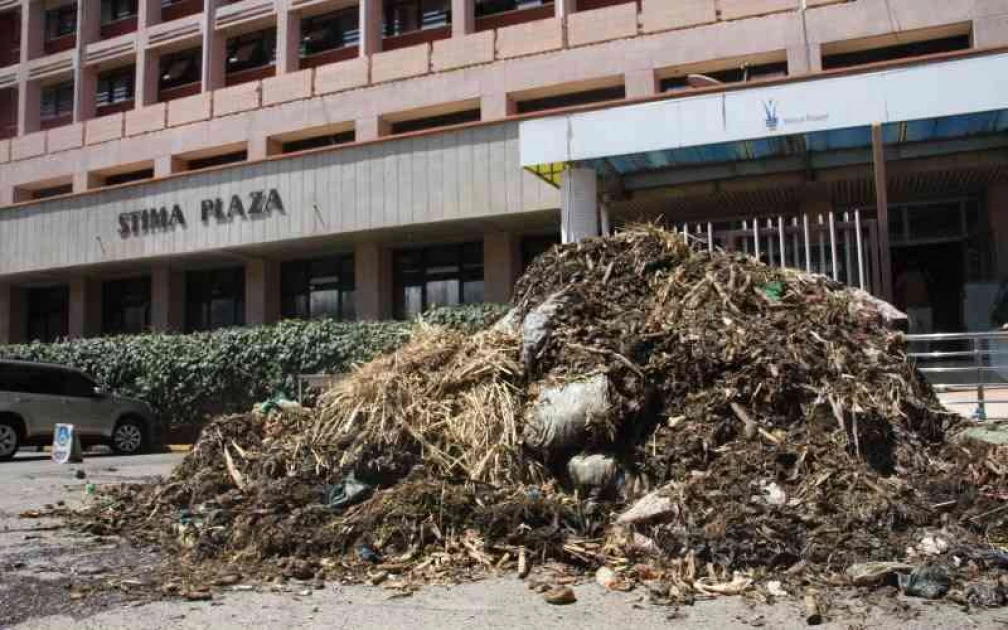
County Secretary Godfrey Akumali contended that, contrary to Kenya Power’s claims, the utility company owes the county KSh 4.8 billion. Akumali remarked, “Let it be very clear—KPLC owes us KSh 4.8 billion. They are making profits and announcing them publicly, yet they refuse to pay their dues.”
Implications for Internet Service Providers and Residents
The dismantling of unauthorized fiber optic cables is poised to disrupt internet services for numerous businesses and households across Nairobi. Residents and enterprises that rely on these connections may experience significant connectivity issues, compelling them to seek alternative service providers or face prolonged outages. The county government has issued stern warnings to ISPs, urging them to regularize their operations by obtaining the necessary approvals and settling any outstanding fees to avert further service interruptions.
A Call for Regulatory Compliance
This initiative underscores the Nairobi City County Government’s commitment to enforcing regulatory compliance and ensuring that all entities utilizing public infrastructure adhere to established guidelines. By addressing unauthorized installations and holding corporations accountable for their financial obligations, the county aims to safeguard its revenue streams and maintain the integrity of its public utilities.
As the situation develops, it remains imperative for all stakeholders, including ISPs and utility providers, to engage in constructive dialogue and collaboration. Such cooperation is essential to establish a sustainable framework that balances infrastructural development with regulatory compliance, ultimately serving the best interests of Nairobi’s residents and businesses.

